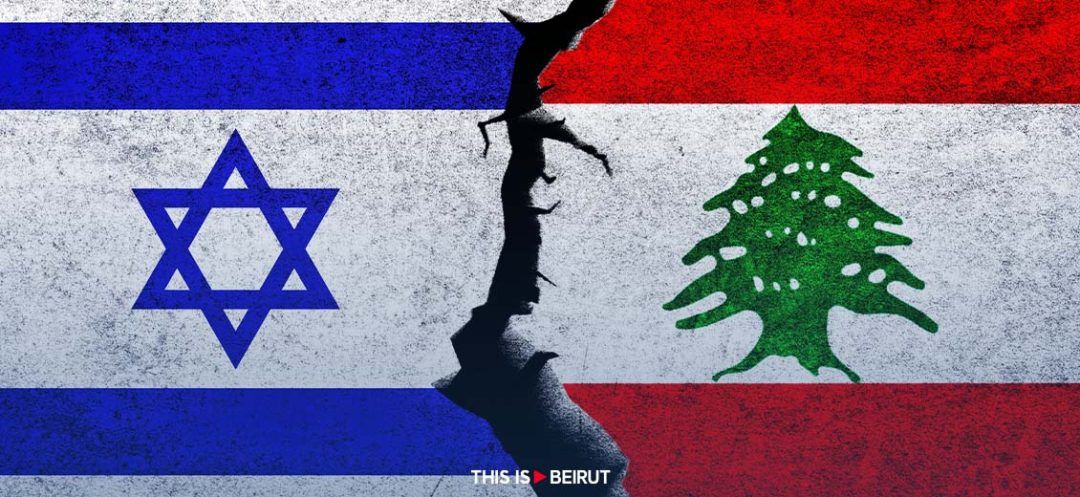- Home
- War in the Middle East
- Negotiations on Land Border Demarcation in the Absence of a President

When the war in Gaza comes to an end and attacks from Lebanese territory cease, the most crucial step will be indirect negotiations between Lebanon and Israel—mediated by U.S. advisor Amos Hochstein—regarding the demarcation of land borders between the two countries. According to a U.S. diplomat, these negotiations preceded the "Al-Aqsa Flood" operation, as they began when the two states finalized the agreement on maritime border delineation in October 2022. Everything has since been clarified regarding the resolution of the dossier of northern Ghajar and the 13 points of contention along the Blue Line. It is now incumbent upon Israel and Lebanon to agree on a formula during tripartite meetings sponsored by the United States, which are scheduled in Naqoura.
These events take place in the absence of a president of the Republic, who, in accordance with Article 52 of the constitution, oversees negotiations and ensures the ratification of international conventions alongside the Prime Minister, as no ratification is possible without the approval of the Council of Ministers. This is precisely what happened on the day the agreement on maritime border delineation with Israel was signed by former President Michel Aoun on October 27, 2022. It should be noted, however, that the Parliament refused to initiate discussions on the agreement in question or submit it to a vote.
In this context, according to Lebanese officials, the current negotiations are unacceptable in the absence of a president. These same officials add that the Speaker of Parliament, Nabih Berri, and the head of the caretaker government, Najib Mikati, are usurping the prerogatives of the President of the Republic and taking advantage of the void to violate the law and do as they please. In the current circumstances, the blame rests on the shoulders of those obstructing the election of a president, led by Hezbollah. Furthermore, the presidential vacuum consolidates the marginalization of Christians regarding the talks and limits their role in future negotiations with Israel.
According to some information, Lebanese Minister of Foreign Affairs, Abdallah Bou Habib, warned against these violations of the constitution and called on all concerned parties to suspend all indirect negotiations and not consider any commitment or discussion before the election of a president. However, Bou Habib's request was ignored by the legislative and executive branches, prompting him to consider an alternative: dissociating himself from this matter and all the responsibilities and potential agreements it entails.
In contrast, those in favor of the activities of Berri and Mikati believe that Lebanon cannot afford to stay aloof during this time of crisis. For them, the Cedar Country should seize this opportunity to resolve disputes at the land border. Supporters of the two officials added that the agreement on the framework for maritime border delineation was declared from Ain el-Tineh, the residence of the Speaker of Parliament, in the presence of a President of the Republic in Baabda. They refused to question the positions of Berri and Mikati, claiming that the two officials stand out for their patriotism and would never sacrifice the interests of Lebanon.
Read more



Comments